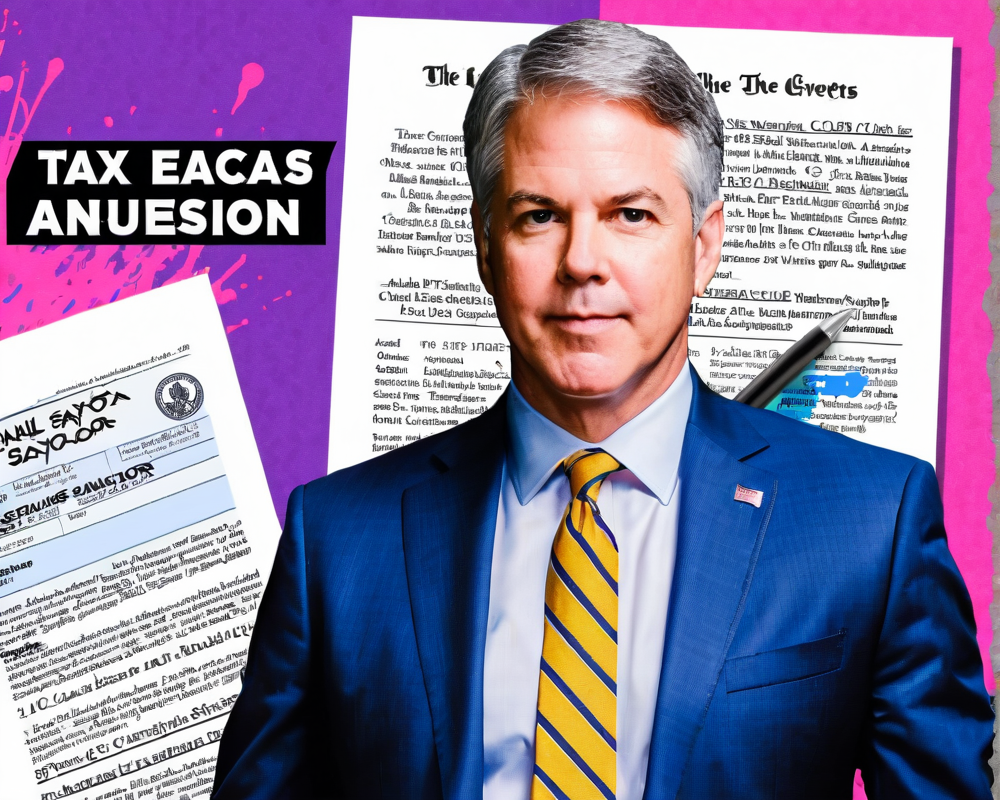Understanding the Proof-of-Stake Shift
The recent upgrade of the Ethereum network to a proof-of-stake (PoS) consensus mechanism has stirred concern about potential vulnerabilities. As the digital currency landscape evolves, so do the challenges—particularly around government scrutiny and possible censorship.
Validator Consolidation: A Centralized Concern
Coby Moran, a leading investigator from Merkle Science and a former FBI analyst, highlighted alarming trends indicative of growing centralization. To participate as a validator on the Ethereum network, individuals must stake 32 Ether (ETH)—a hefty amount that equates to roughly $47,000 at current prices. This steep entry fee, Moran argues, disproportionately favors larger crypto entities like Binance and Coinbase, leading to an alarming concentration of control.
Current Landscape of Staked ETH
A recent report by blockchain analytics firm Nansen revealed that 64% of staked ETH is currently pegged to just five validators, raising red flags about diversity and decentralization in the network. Such centralization serves as a beacon for potential government regulation, as decisions about compliance will rest in the hands of only a few powerful players.
The Dangers of Compliance
Moran also cautioned that these large companies are susceptible to governmental pressures. If they detect interactions with sanctioned addresses, they face severe repercussions—possible slashing of rewards or outright removal from the network. This regulatory environment raises a crucial dilemma for businesses: comply with government whims or risk severe penalties.
Validator Responses to Sanctions
Vitalik Buterin, the co-founder of Ethereum, shared similar concerns in a recent developer call. He noted that there’s a possibility of validators selectively excluding sanctioned transactions, leading to temporary but impactful censorship within the network. While he remains optimistic that not all validators would adhere to such sanctions, the risk remains palpable.
Historic Precedents: Tornado Cash and Censorship
A notable example of this trend occurred when Tornado Cash was sanctioned by a U.S. government body, marking a significant moment in the evolution of crypto regulations. In the aftermath, several entities chose to comply with the sanctions, effectively barring access to certain functionalities for sanctioned addresses.
Community Reactions
The response from the Ethereum community has been vocal and divided. Notably, EthHub co-founder Anthony Sassano expressed strong sentiments regarding the potential for permanent censorship, declaring that he would view the Ethereum endeavor as a failure if such a situation arose. In his words, he has faith in the resilience of the Ethereum community to combat these looming threats.
Conclusion: A Fork in the Road
As the Ethereum community navigates these waters, the question remains: will the shift to PoS lead to increased control by regulations, or can it forge a path toward a freer, decentralized digital currency experience? Only time will tell.




